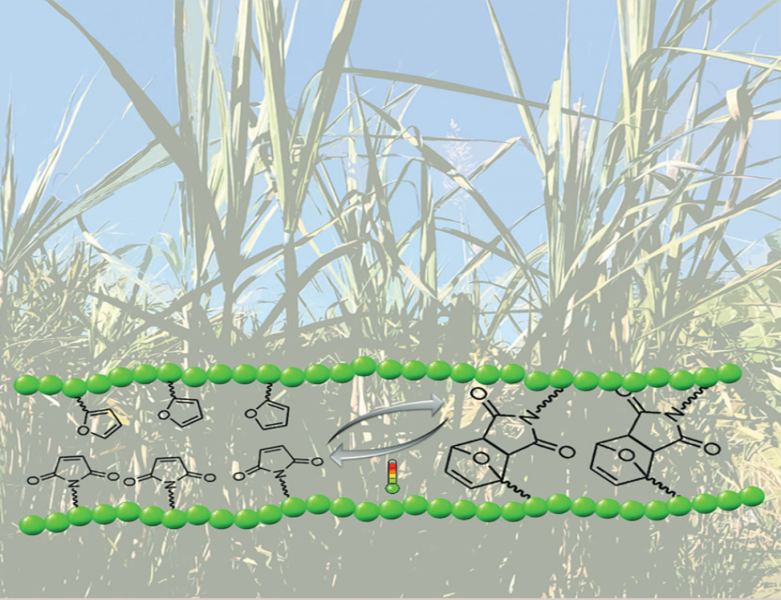Ecological shifts and regime changes driven by slow ecological processes can only be revealed by long-term monitoring and analysis.


Ecological shifts and regime changes driven by slow ecological processes can only be revealed by long-term monitoring and analysis.

Fats and oils derived from plants, microorganisms and animals are an excellent feedstock for the “green” and renewable chemical industry.

An environment-friendly anti-solvent helps to produce higher efficiency Solar Cells in comparison to the commonly used toxic anti-solvent.

Little is known about how businesses in developing countries manage climate risks and about how adaptation to extreme weather events and climate change can be supported and facilitated through government action to create a supportive business environment.

Researchers from INST present various functional materials that have recently emerged as candidates for rewritable paper.
Resolving these scale-dependent processes is important for predicting, preventing, or mitigating environmental changes that may influence patterns of surface water chemistry within river systems.
A team of researchers from Macquarie University, the University of Queensland and Sugar Research Australia has undertaken a comprehensive review of scientific studies on how climate change impacts sugarcane production
Afghanistan has one of the lowest rates of access to and usage of electricity in the world, the current energy landscape of Afghanistan is reviewed.

The Banksia delays the release of its mature seed bank until conditions are right for new plants. Now we know what triggers it to let go.
Historic landfills are frequently unlined with no leachate management and inadequate records of the waste they contain, which means there is a very limited understanding of the environmental risk posed if the waste erodes into estuarine or coastal waters.